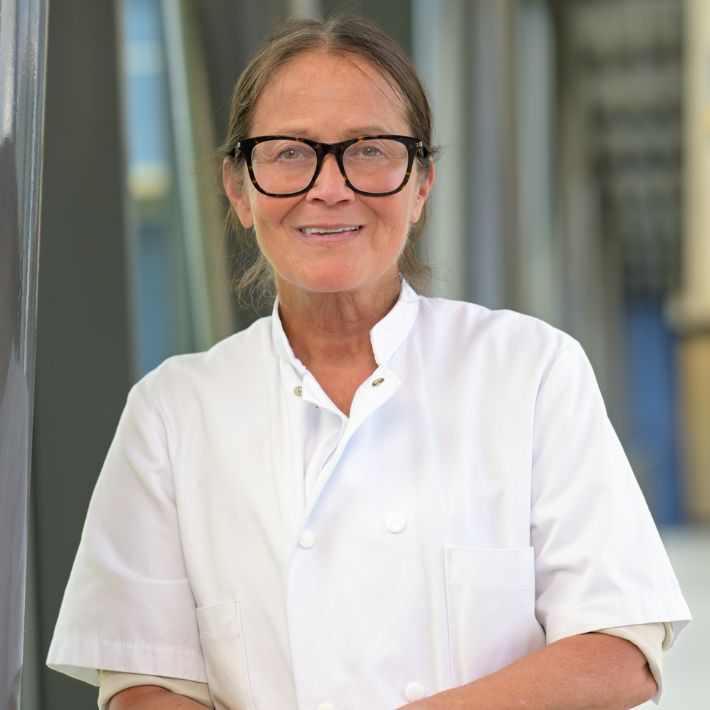Sesmu Arbous appointed as professor
&width=710&height=710)
Arbous: "The Intensive Care (IC) is a complex environment where vitally endangered patients are admitted to be stabilized. For example, after a complex surgical procedure, with a serious infection or after an accident. This environment presents many challenges to provide appropriate care. Patients vary greatly from one another, are getting older and have more underlying diseases. Treatments have varying and sometimes unpredictable effects. In addition, doctors and nurses regularly have to make decisions under great (time) pressure."
"To move forward, we need to better understand the underlying pathophysiology and biology of disease and recovery in the IC. This is essential to personalize IC patient care and to make care affordable and even safer. As far as I am concerned, this is only possible if we deploy innovative technologies where the aim is to move quickly between research and practice. And if, speaking for the IC, we start making use of the large amount of different data we collect per second and per minute from each patient."
Research and practice hand in hand
The teaching assignment can be divided into three parts:
- To better understand the pathophysiology and biology of the IC patient, using big data, artificial intelligence and other technologies.
- Using (data) technology to optimize the work environment.
- Training professionals who can play a central role in this.
"My research is directly linked to IC patient care and focuses in particular on using big data and classical statistical and machine learning methods (artificial intelligence) to better understand the aforementioned underlying physiological and pathophysiological mechanisms and to better predict the effects and outcomes of treatments," Arbous explains. "Here I am thinking of algorithms that can predict patient deterioration and problems and support our decisions. For example, we are working on predicting low blood pressure, infections after surgery and inflammatory reactions (sepsis), and the risk of IC readmission, among other things. What is important here is that developing the algorithms and actual use by physicians and nurses and demonstrating a beneficial effect on patient outcomes go hand in hand."
Working together in interprofessional and interdisciplinary teams
Arbous: "I am convinced that we can only deliver personalized and humane care if we work together in interprofessional and interdisciplinary teams and use innovative technologies critically. We need to train professionals who can play a crucial role in this. They must be able to work together in an interprofessional and interdisciplinary team, communicate well, have a curious and inquisitive mind and be capable of self-reflection. This is therefore my focus in teaching at Technical Medicine, Medicine, and other master's studies and the medical specialist intensivist training ."
Career pad
Sesmu Arbous studied Medicine at Leiden University. After her studies, she worked as ANIOS Internal Medicine and IC in both the Rode Kruis Hospital and the then Leyenburg Hospital, in The Hague. From 1994-1998, she conducted doctoral research and trained as a clinical epidemiologist at the Julius Center (UMCU). The title of the dissertation is: ‘Anesthesia related risk factors for perioperative severe morbidity and mortality’. Arbous is trained as an anesthesiologist from 1998-2003, and as an intensivist from 2003-2005, both at LUMC. Since 2009 she has been trainer of the Intensive Care Medicine program and since 2016 she has been track coordinator of Sensing & Stimulation within the Technical Medicine program, a joint master study of the LDE (Leiden Delft Erasmus) universities and academic hospitals. Since 2017, she has been training director of this program at the LUMC.